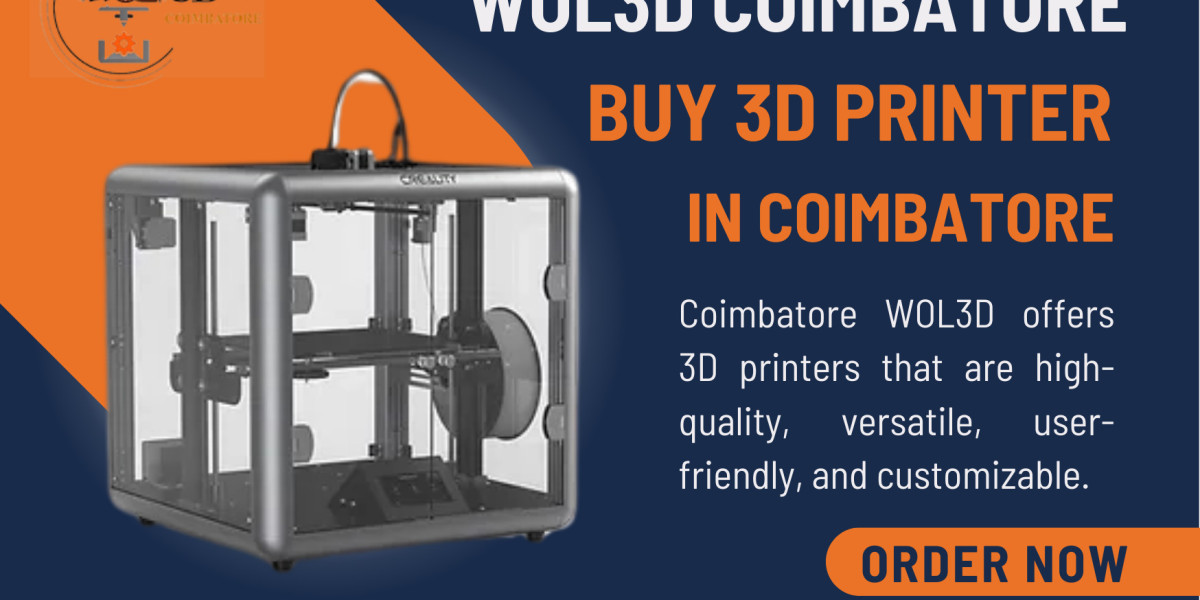In today's fast-paced and highly competitive business landscape, effective logistics management plays a crucial role in the success of any company. The seamless movement of goods and services from order to delivery requires efficient coordination, accurate tracking, and timely communication.
To streamline these processes and drive operational excellence, more and more businesses are turning to Customer Relationship Management (CRM) software. In this article, we will explore how CRM software can enhance logistics processes and revolutionize supply chain management.
Introduction to CRM Software in Logistics
CRM software, originally designed to manage customer relationships, has evolved into a powerful tool for optimizing various business functions. In the logistics context, CRM software provides a comprehensive platform to integrate and automate key processes, including order management, inventory tracking, shipment scheduling, and customer support. By centralizing data and streamlining workflows, CRM software enables logistics teams to work more efficiently and make informed decisions.
Order Management and Tracking
Efficient order management is critical for logistics operations. CRM software empowers businesses to capture and process orders seamlessly. With its robust features such as order entry, order tracking, and order fulfillment management, CRM software enables real-time visibility into the status of each order. This allows logistics professionals to proactively address any issues that may arise and keep customers informed about their order's progress, fostering trust and customer satisfaction.
Driving Growth and Profitability: The Role of ERP Software in the Dairy Sector
Inventory Management and Optimization
Inventory management is a complex task for logistics managers. CRM software simplifies this process by providing accurate insights into inventory levels, demand patterns, and reorder points. By automating inventory management, businesses can minimize stockouts, reduce carrying costs, and optimize warehouse space. Additionally, CRM software facilitates better demand forecasting, enabling businesses to align their inventory levels with customer demands and avoid overstocking or understocking situations.
Shipment Scheduling and Tracking
Smooth shipment scheduling and tracking are vital for ensuring timely delivery. CRM software integrates with transportation management systems, allowing logistics teams to schedule shipments efficiently based on various factors such as customer preferences, delivery routes, and carrier availability. Through real-time tracking capabilities, both internal teams and customers can monitor the status of shipments, enhancing transparency and minimizing delivery delays.
Customer Support and Communication
Effective communication with customers throughout the logistics process is crucial for building strong relationships and delivering exceptional service. CRM software provides tools for managing customer inquiries, resolving issues, and capturing feedback. By centralizing customer information and communication history, logistics teams can offer personalized support and respond promptly to customer queries. This level of engagement fosters customer loyalty and sets businesses apart from their competitors.
How Emerging Technologies Are Shaping the Future of Food and Beverage Manufacturing
Data Analytics and Performance Measurement
To continuously improve logistics processes, businesses need access to meaningful data and performance metrics. CRM software offers robust reporting and analytics capabilities, allowing logistics managers to monitor key performance indicators (KPIs) such as order cycle time, delivery accuracy, and customer satisfaction. By analyzing these metrics, businesses can identify areas for improvement, implement corrective actions, and optimize their logistics operations for greater efficiency and customer delight.
Conclusion
In conclusion, CRM software is a game-changer for enhancing logistics processes and revolutionizing supply chain management. Its comprehensive features enable businesses to streamline order management, optimize inventory, schedule shipments, provide excellent customer support, and measure performance effectively. By leveraging CRM software, companies can gain a competitive edge by delivering superior logistics services, improving customer satisfaction, and driving overall business success.
In the dynamic world of logistics, embracing CRM software is no longer a choice but a necessity. By investing in the right CRM solution and leveraging its capabilities, businesses can transform their logistics operations and stay ahead in the race from order to delivery.
Remember, from order to delivery, CRM software is the key to unlocking operational excellence and ensuring customer satisfaction in today's logistics landscape.
The Business Side of Soft Toys: Strategies for Successful Manufacturing








